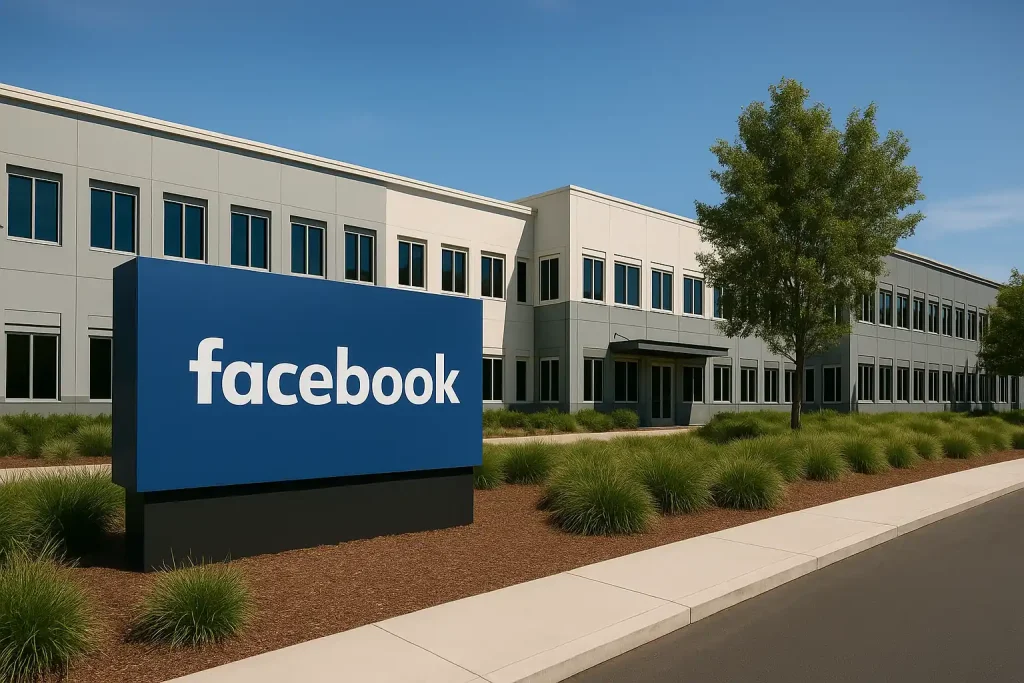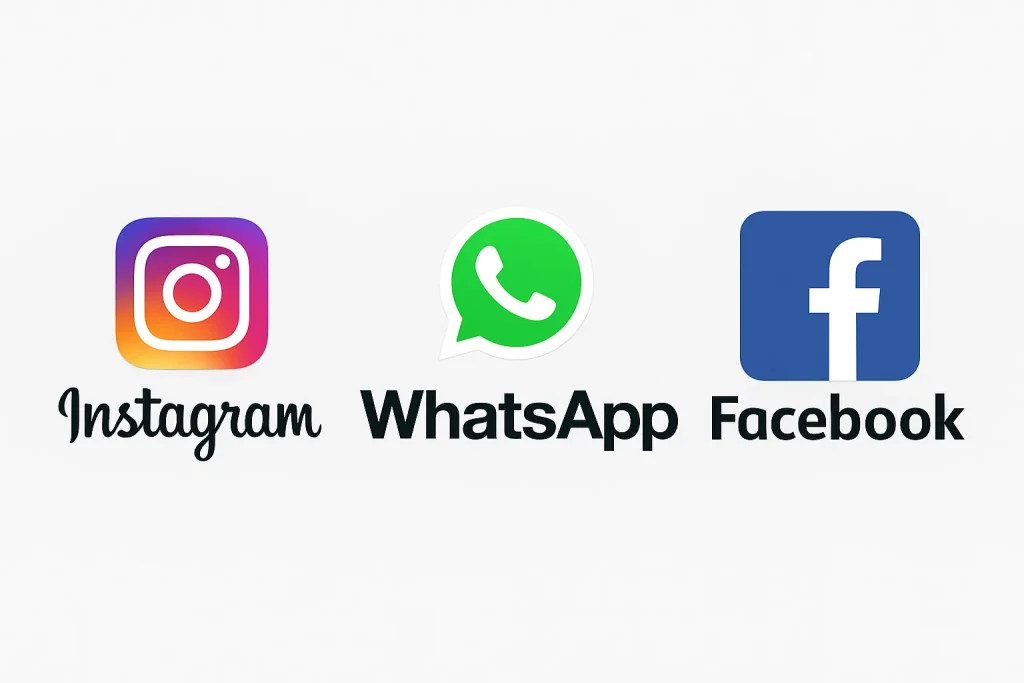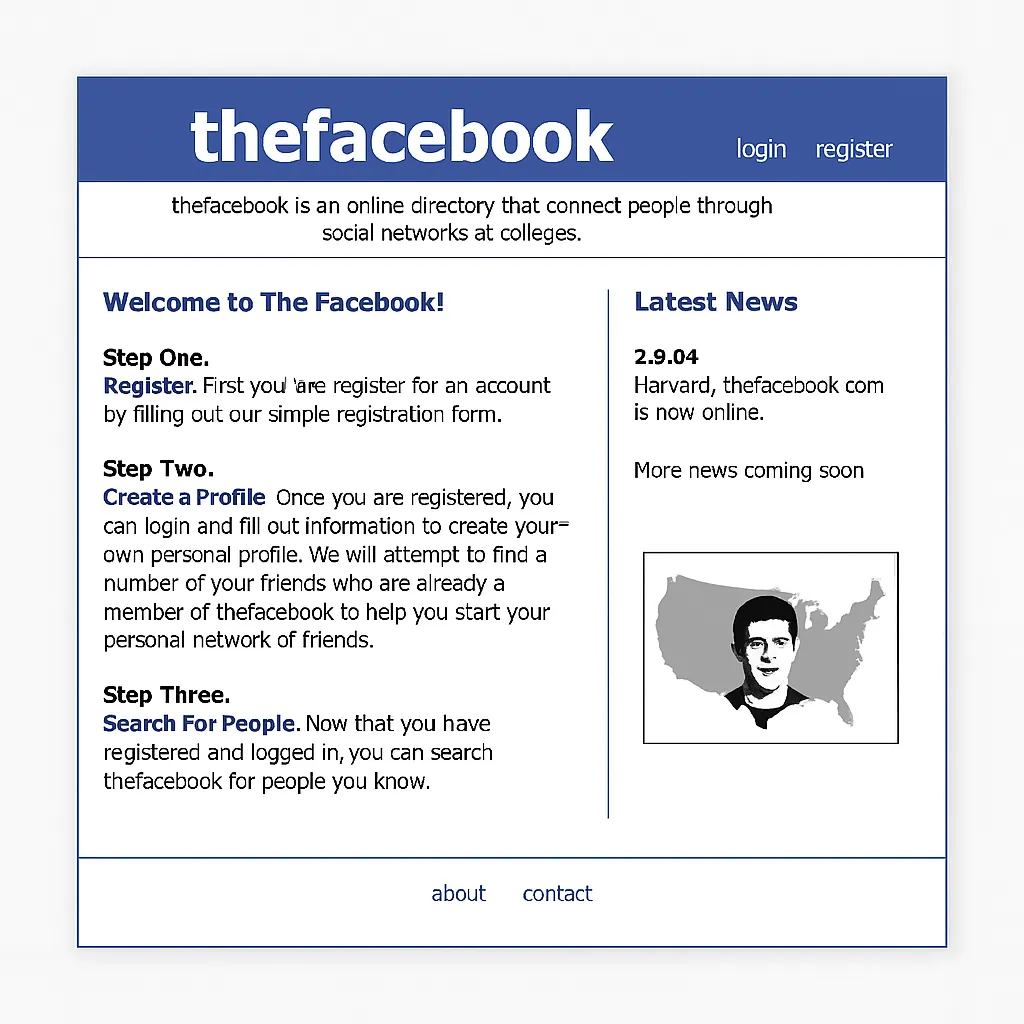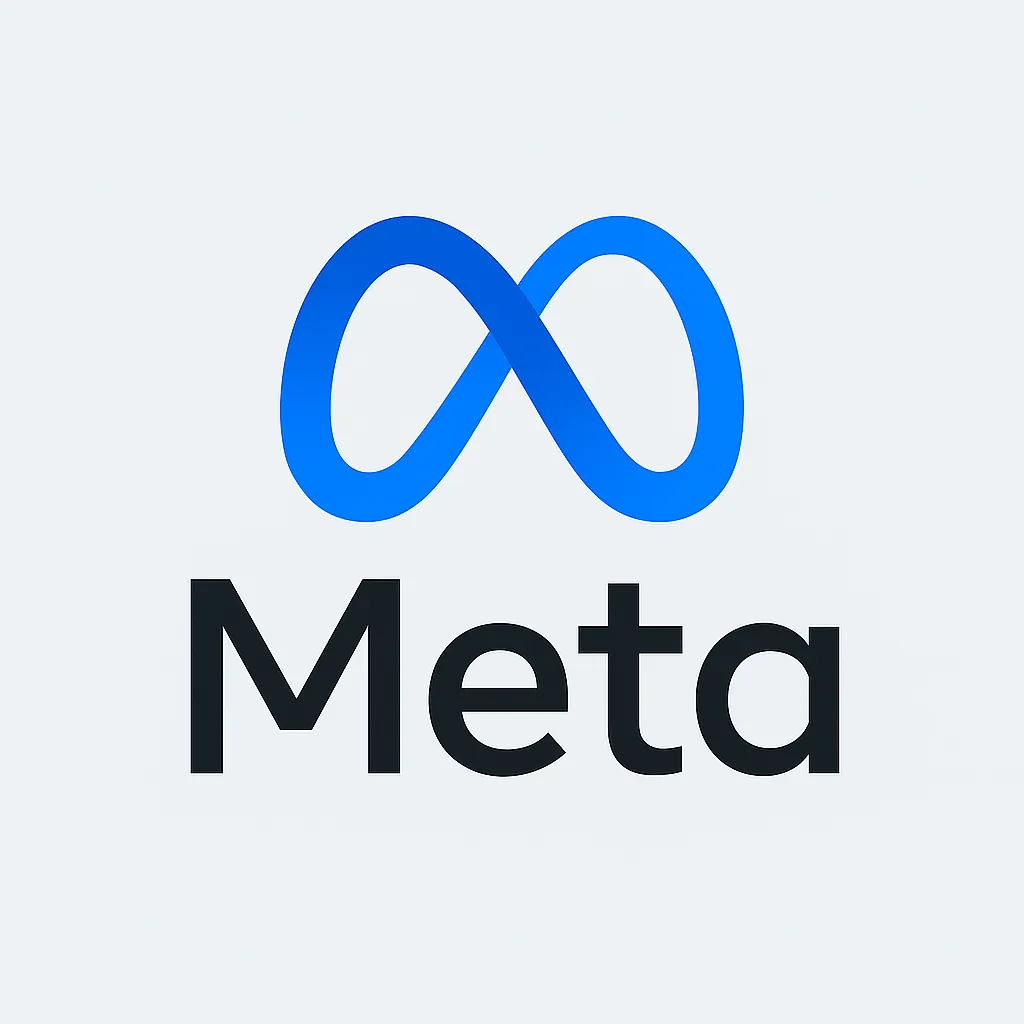Introduction
Picture a college student coding late at night in a dorm, sparking an idea that would connect billions. This is the story of Mark Zuckerberg and the history of Facebook, a platform that reshaped how we communicate. Launched in 2004, Facebook grew from a campus network to a global giant, now part of Meta. Its journey, driven by Zuckerberg’s vision, is packed with triumphs, controversies, and transformations. Let’s dive into how one idea became a digital empire.
Born in 1984 in New York, Zuckerberg was a coding prodigy who built programs as a teen. At Harvard, his knack for innovation birthed Facebook, but the path wasn’t smooth. From lawsuits to privacy scandals, the history of Facebook is as complex as its founder. This article traces its rise, challenges, and evolution into Meta, spotlighting Zuckerberg’s role from past to present.

The Birth of Facebook at Harvard
In 2003, Zuckerberg created “Facemash” at Harvard, a site ranking students’ attractiveness using their photos. Though popular, it sparked outrage for privacy violations and was shut down. Undeterred, Zuckerberg saw a bigger opportunity: a network to connect students. In February 2004, he and friends Eduardo Saverin, Dustin Moskovitz, Andrew McCollum, and Chris Hughes launched “TheFacebook” for Harvard students. The history of Facebook began as a campus experiment.
The site exploded in popularity, with half of Harvard signing up in weeks. Zuckerberg’s team expanded it to other universities like Yale and Stanford. However, trouble brewed early. Twins Cameron and Tyler Winklevoss, along with Divya Narendra, claimed Zuckerberg stole their idea for a similar site, “HarvardConnection.” This led to a lawsuit settled out of court for $65 million in 2008. Despite the drama, Facebook’s growth was unstoppable.
By late 2004, Facebook had 1 million users, and Zuckerberg dropped out of Harvard to focus on it full-time. The team moved to Palo Alto, California, securing funding from investors like Peter Thiel. Meanwhile, the platform shed its “The” to become simply Facebook, signaling its broader ambitions. These early days laid the foundation for a social media evolution that would redefine connection.

Scaling to a Global Platform
Facebook’s growth in the mid-2000s was staggering. By 2006, it opened to anyone over 13 with an email, moving beyond colleges. Features like the News Feed, introduced in 2006, kept users hooked by showing friends’ updates. The history of Facebook during this period reflects Zuckerberg’s vision to make the world more connected. Yet, the News Feed initially faced backlash for privacy concerns, a recurring theme.
In 2007, Facebook launched its Platform, letting developers create apps like games, boosting engagement. By 2008, it surpassed MySpace as the top social network, with 100 million users. Zuckerberg’s focus on mobile was key, as smartphones became widespread. For instance, the 2008 iPhone app made Facebook accessible anywhere. However, rapid growth brought scrutiny over data handling, hinting at future privacy controversies.
Acquisitions fueled expansion. In 2012, Facebook bought Instagram for $1 billion, followed by WhatsApp in 2014 for $19 billion. These moves, guided by Zuckerberg, diversified its reach. By 2012, Facebook hit 1 billion monthly users and went public, raising $16 billion. The social media evolution it sparked reshaped how people share and connect globally.

Navigating Controversies and Challenges
As Facebook grew, so did its challenges. Privacy controversies became a major hurdle, starting with early complaints about data sharing. In 2018, the Cambridge Analytica scandal revealed that millions of users’ data was misused for political ads, sparking global outrage. Zuckerberg testified before Congress, apologizing and promising reforms. The history of Facebook shows how its scale amplified its mistakes.
Beyond privacy, misinformation and harmful content plagued the platform. During the 2016 U.S. election, fake news spread widely, prompting criticism of Facebook’s role. Zuckerberg introduced measures like fact-checking and content moderation, but critics argued they weren’t enough. Meanwhile, advertisers and governments pressed for tighter controls, complicating the platform’s free-speech stance. These issues tested Zuckerberg’s leadership.
Antitrust concerns also emerged. Regulators questioned Facebook’s dominance, especially after its acquisitions. In 2020, the U.S. government sued, alleging anti-competitive practices. Zuckerberg defended the company, arguing it fostered innovation. Yet, these challenges highlighted the downside of rapid growth, forcing Facebook to rethink its approach to trust and responsibility.

The Shift to Meta
In 2021, Zuckerberg announced a bold pivot: Facebook’s parent company became Meta, reflecting a focus on the “metaverse”—a virtual reality-driven internet. The history of Facebook entered a new chapter as Meta aimed to blend social media, VR, and AI. Zuckerberg saw the metaverse as the next frontier, investing billions in technologies like Oculus VR. This Meta transformation signaled his long-term vision.
The rebrand came amid ongoing scrutiny. Some saw it as a distraction from privacy scandals, but Zuckerberg insisted it was about future innovation. Projects like Horizon Worlds, a virtual social space, showed early steps. However, the shift wasn’t smooth—Meta’s stock dipped in 2022 as metaverse costs soared. Critics questioned whether users would embrace this new direction.
Despite challenges, Meta expanded its reach. By 2023, Facebook had nearly 3 billion monthly users, with Instagram and WhatsApp thriving. Zuckerberg’s vision for connectivity evolved, blending augmented reality and AI into Meta’s strategy. The Meta transformation reflects his ambition to stay ahead, even as the company navigates a complex digital landscape.

Facebook’s Influence and Legacy
Facebook’s impact on society is undeniable. It revolutionized communication, letting people share across continents. Small businesses used it to reach customers, and activists organized movements. The social media evolution it triggered changed how we interact, work, and think. Yet, its influence came with trade-offs, as the history of Facebook reveals both connection and conflict.
Zuckerberg’s role remains central. His decisions—from acquisitions to the metaverse—shaped not just Facebook but the tech industry. However, his leadership draws mixed views. Supporters praise his innovation, while critics highlight privacy failures. For instance, posts on X in 2023 showed users debating Meta’s data practices versus its VR potential. This duality defines Facebook’s legacy.
The platform also set trends. Features like Stories, copied from Snapchat, became social media staples. Meanwhile, its ad model, driven by user data, became a blueprint for tech giants. But privacy controversies linger, pushing Zuckerberg to balance profit with trust. Facebook’s influence endures, shaping digital culture for better and worse.

Leave a Reply